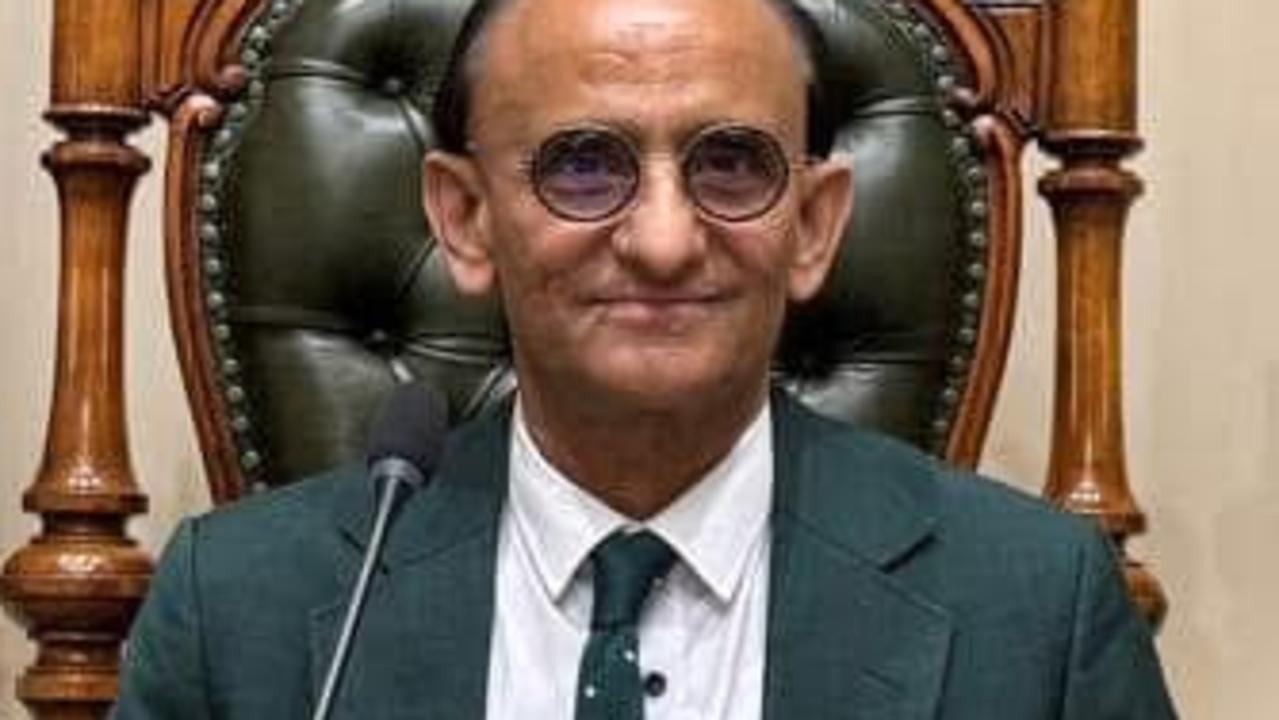The A stands for ‘Activist’: ABC slammed for climate campaigning
From sending a crew to a climate protest at the home of a corporate leader to biased reporting on environmental schemes, the ABC stands accused of blatant energy activism.
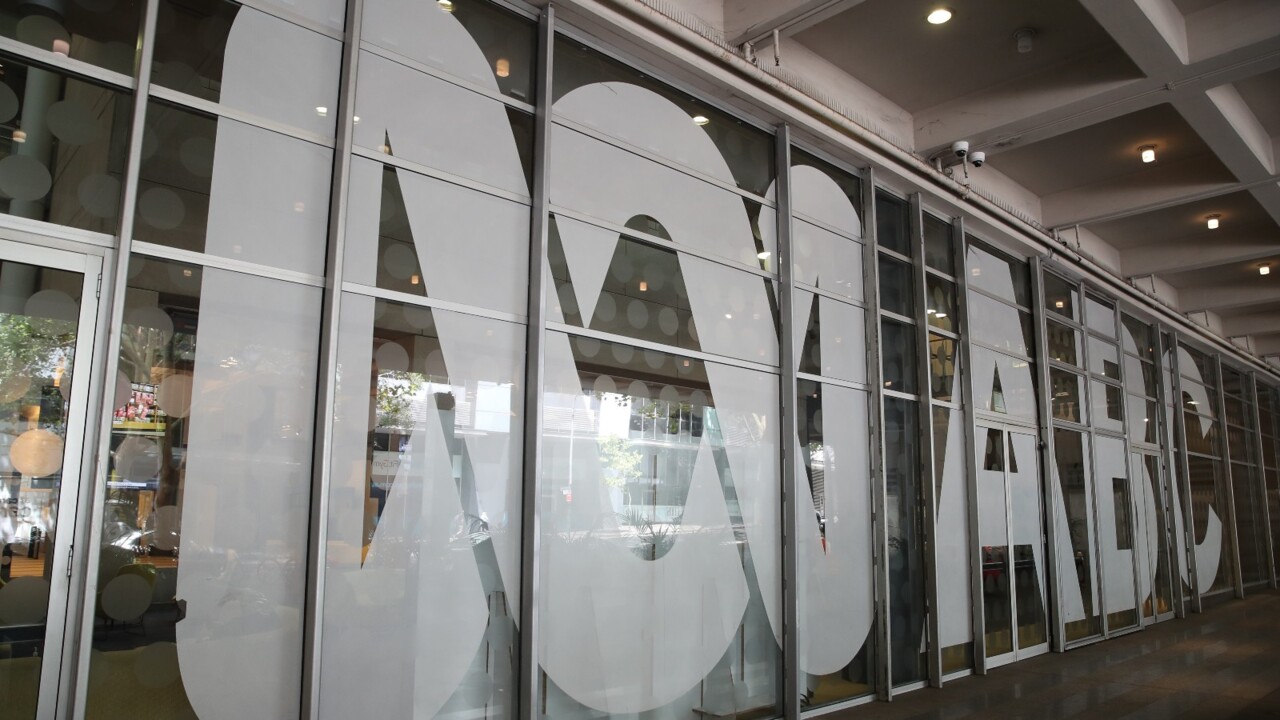
National
Don't miss out on the headlines from National. Followed categories will be added to My News.
Public broadcaster the ABC has been accused of energy activism in its reporting – collecting more than $1bn in taxpayer money and then siding with activists.
The accusation of bias comes after the ABC’s flagship Four Corners program featured controversial footage of a protest outside the West Australian home of Woodside Energy boss Meg O’Neill last year.
A distressed Ms O’Neill said at the time it was not “a harmless protest” but was “designed to threaten me, my partner and our daughter in our home”.
The ABC at first refused to confirm that the film crew was from Four Corners and denied it had advance warning before later backtracking and conceding the crew did have some knowledge of what was about to happen.

Saxon Davidson, research fellow at the Institute of Public Affairs, said the incident was just one of a string of reports where the ABC had lost impartiality to push an activist agenda.
“There is something rotten at the core of the taxpayer-funded broadcaster, primarily that its news coverage is delivered from a biased and ideologically inner-city viewpoint,” he said.
Mr Saxon listed a string of reports to illustrate his point, including a news report into plans for a Victorian government solar project that ignored local opposition, a report into the 2035 climate target that only quoted investors and the Greens, and a one-sided report into coral bleaching on the Great Barrier Reef.
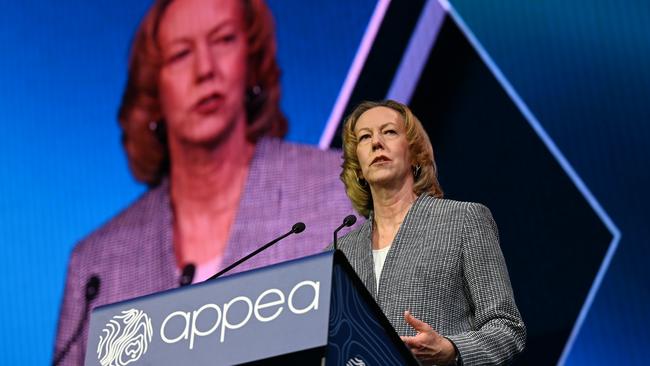
And he pointed to a whole section on ABC iView dedicated to programs that push its climate agenda.
“The sad reality is that the ABC is no longer an institution of cultural importance in Australia as it once was and fails to represent the diverse views of the community, despite receiving billions in taxpayer funds each year,” he said.
An earlier IPA survey found that only 32 per cent of Australians believe the ABC represents their views while 100 per cent of Australians are forced to fund it.
A Freedom of Information request found ABC staff organised a ‘Climate Crisis Advisory Group’ that advocated pushing for more climate activism in its coverage.
“It seems the ABC repeatedly goes out of its way to push the agenda of its staff by trotting out the talking points of activists with little appreciation of the views and day to day concerns of mainstream Australians,” Mr Saxon said.
“It is never these wealthy, inner-city elites who have to pay the costs for climate and net zero policies they demand. It is always working families and small businesses in the outer-suburbs and regions.”
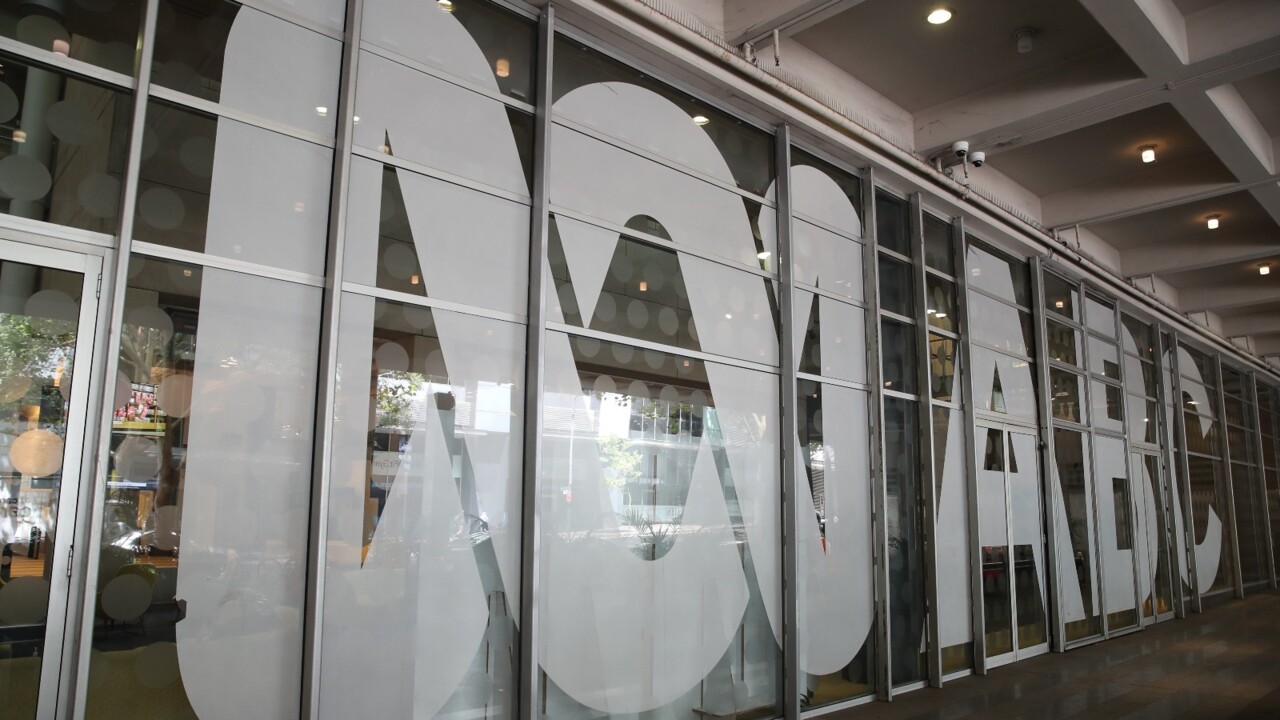
A Four Corners report in August into the developing cotton industry in the Northern Territory called Water Grab was strongly refuted by Cotton Australia. In a statement, it said it had not taken part in the story because of “past bias” from Four Corners in a 2019 episode called Cash Splash.
“Again, last night, Four Corners portrayed a one-sided view of the industry, disregarded legitimate scientific research, made conclusions based on repeated claims by activists, promoted the electoral ambitions of a key opponent of the industry and irresponsibly raised alarmist claims about possible catastrophic outcomes and a devastated tourism industry,” Cotton Australia said in a statement.

Liberal Senator Jonno Duniam has also been outspoken in his criticism of what he calls the ABC’s biased reporting, pointing to the apology the national broadcaster was forced to issue for its one-sided coverage of a residents’ meeting in Alice Springs.
“Australians expect our taxpayer-funded national broadcaster to responsibly and fairly report facts from each side of debates, and to not skew their reporting in one particular way to suit a certain ideology,” he said.
“It is equally not OK to have any bias or to distort reports to suit an agenda. That goes for the ABC and every publication that reports on current affairs.”
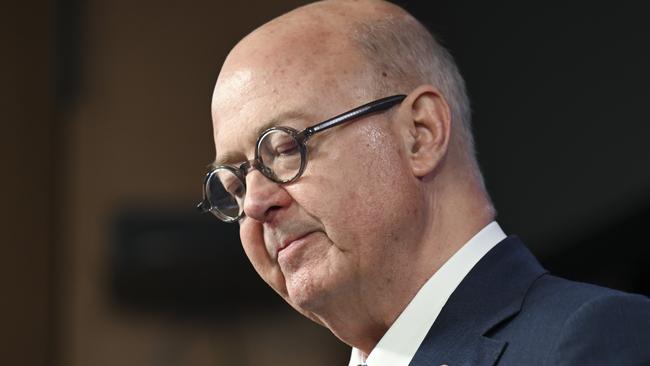
A spokeswoman for the ABC said each of the stories highlighted by the IPA were accurate and impartial.
“The ABC has the highest standards of journalism as set out in our editorial policies which clearly set out the guidelines for impartiality according to the recognised standards of objective journalism. An independent Ombudsman can investigate complaints. The Ombudsman’s findings are published and available for the audience to inform their own views,” she said.



